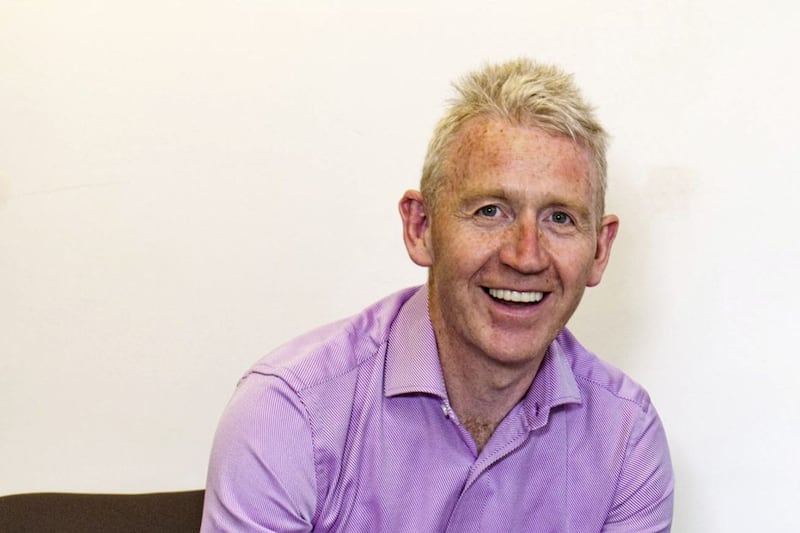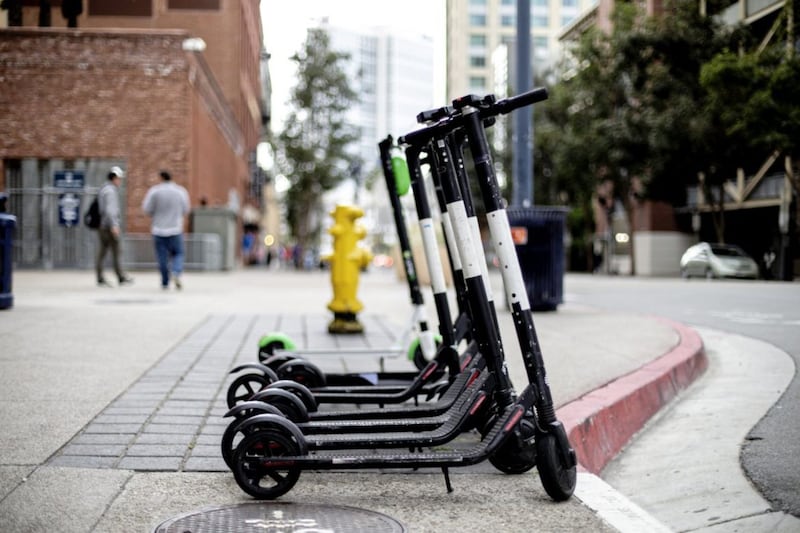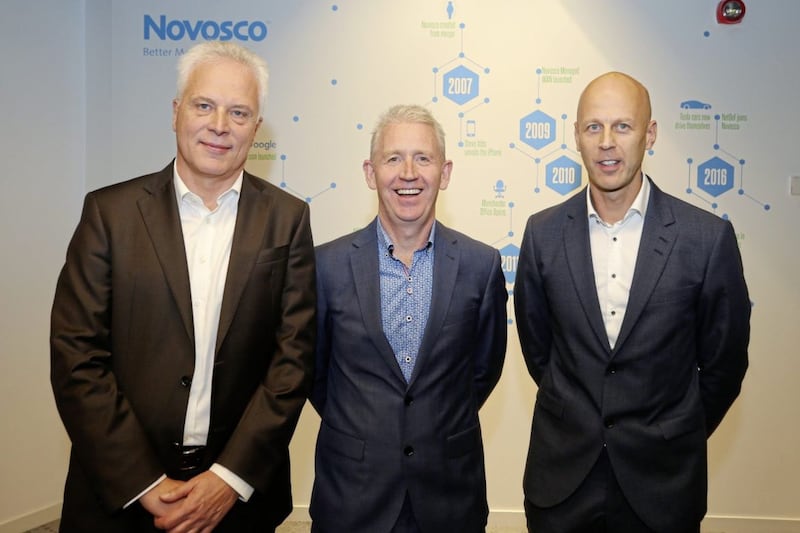WHEH we think of virtual reality, images of motion-sensing video games, stereoscopic films, and skydiving from the comfort of your living room will probably come to mind. And, it all sounds fantastic. But augmented and virtual reality (AR/VR) technologies are no longer confined to the entertainment space. We now see them applied in areas such as sport, travel, education, art and medicine.
A leading AR and VR production company, Inition, has already done things including a 3D broadcast of a rugby match to cinemas around the UK, in partnership with the BBC. It also did a 360-degree VR catwalk show for a leading high-street retailer. This allowed the audience to watch remotely from the shop floor. And it did virtual showrooms for companies wanting to market products that were too big to transport.
VR has also been used in a project with the London Philharmonic Orchestra, in which the foyer of the Royal Festival Hall was turned into a VR access point for people to view and listen to the performance in complete surround sound and vision. And this is all probably just the tip of the iceberg.
Facebook has already made a big bet by spending $2bn buying Oculus VR to release a headset for high-end PC owners. It retails at $599, and with most PC owners not having a powerful enough graphics card to run it, they will have to spend at least the same again on a new PC. The company sees VR as the next big computing platform. But it may take five years or more before all PCs ship with a powerful enough specification to run VR.
However, virtual reality for the masses is already truly here. (Though whether the masses actually want VR is another thing.) Last month saw the arrival of the world’s least bank-breaking VR headset, PlayStation VR. It costs around £349. To use it you’ll also need a PlayStation 4 and a PS Eye Camera. So, while not exactly cheap, it is much less expensive than buying a PC-based set-up.
The months ahead will be of crucial importance for the future of VR, if products such as PlayStation VR and Oculus Rift are to avoid being remembered as ‘yesterday’s tomorrow’. But it looks promising. YouTube has already released 360 degree videos and has released a VR video format for clips designed to be watched using a Google Cardboard headset, providing a sense of depth rather than just the ability to pan around. Facebook, too, is showing 360 degree videos.
Some of the existing applications of VR include for surgical training or to give less experienced doctors a more realistic learning experience. There is also the opportunity to treat phobias or different forms of anxiety with exposure therapy, with patients being guided through the thing they have a phobia of.
The property industry also has the opportunity to allow clients to see lots of houses in VR without leaving the estate agent’s office. The buyer probably won’t make a decision based on this, but they might create a short-list.
Software companies around the globe are currently piloting applications that could change the way we participate in sporting occasions and how we learn, with 3D virtual classrooms a possibility.
There are big opportunities for companies in Northern Ireland to be involved in this new and exciting area of technology and share in some of the pioneering new ways to significantly change the way we carry out our everyday activities.
At Novosco, we have installed a VR Room in our new offices, complete with HTC Vive. Our staff are currently using it for entertainment and to aid deep thinking. The general public are yet to really make their minds up about VR. But we think the possibilities are limitless.
:: Patrick McAliskey is managing director Novosco, an indigenous managed cloud company with offices in Belfast, Dublin, Cheshire and Cork. It employs 140 people and works for leading organisations across the UK and Ireland, including many of Northern Ireland's top companies, UK health trusts, councils and other organisations. It has been ranked one of the top companies to work for in the UK 2016 by The Sunday Times.







